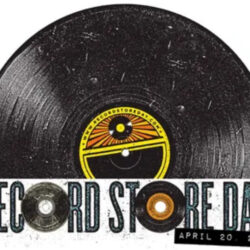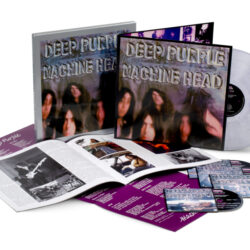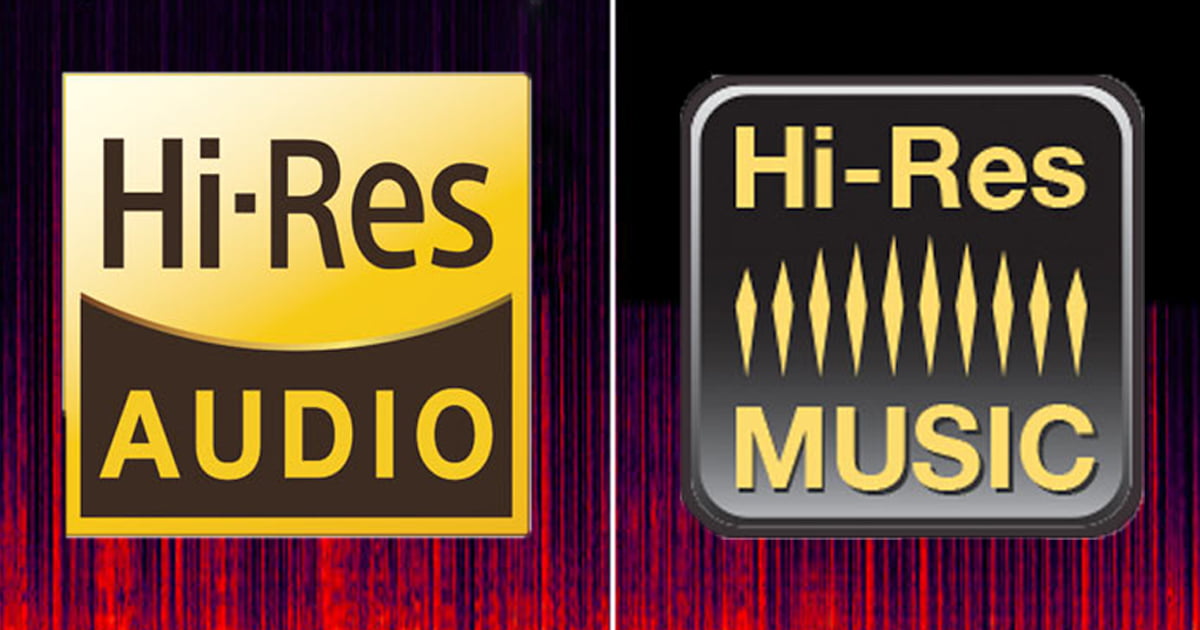It’s the time of year for saving money!
It’s not uncommon to hear the chime of Apple Mail or the telltale ring of our business phone line with someone reaching out to tell me the sad story of how one of their loved ones has recently passed and they were an enthusiastic audiophile who has left behind a massive collection of gear and the heirs have little to no idea what to do with it or what it’s worth.
 I became aware of this phenomenon years ago with people inheriting Cello systems. I am one of the few people that have a history with the post-Mark Levinson brand (Cello has nothing to do with the brand Mark Levinson which is owned today by Harman and found inside of many premium Lexus cars) who have posted anything about the once mighty, Bugatti-like audiophile products. As a rule, I always answer reader email, take calls, and answer questions as best I can but these situations can get messy, quickly.
I became aware of this phenomenon years ago with people inheriting Cello systems. I am one of the few people that have a history with the post-Mark Levinson brand (Cello has nothing to do with the brand Mark Levinson which is owned today by Harman and found inside of many premium Lexus cars) who have posted anything about the once mighty, Bugatti-like audiophile products. As a rule, I always answer reader email, take calls, and answer questions as best I can but these situations can get messy, quickly.
It’s amazing how little accurate information heirs have been given about the real world value of a particular system; and-or how much gross misinformation they have been given by others seeking a “buy low” opportunity.
Perhaps, there is some level of embarrassment by the deceased in the purchase and ownership such a lofty system, so the enthusiast kept the system’s actual value a secret? With that said, I have tried to help a number of people to find a good solution for aged AV equipment as a matter of policy.
One of the problems that I have seen with some of these sales-projects is inflated values. Specifically, one time the heirs of a full Cello Reference System ($200,000 plus at retail in the 1990s) had a younger family member call me and email with a spreadsheet of products priced at between 70 and 80 percent of retail. While Cello rarely ever discounted their products, the idea that 20-plus-year-old audio gear is worth almost every penny of its original value isn’t realistic.
 Yes, there are highly sought after components such as the timeless Cello Audio Palette which is an analog mastering program equalizer that Cello sold to consumers and mastering labs. Many of those mastering labs still use Cello Audio Palettes to this day. So, a product like that might sell for a premium over its once unthinkably high $26,000 retail price. The Tom Colangelo (no Mark Levinson didn’t design his own electronics believe it or not) designed, Cello Class-A operation amps might also fetch a high price versus retail as they are very good sounding products even by today’s standards and are very, very rare.
Yes, there are highly sought after components such as the timeless Cello Audio Palette which is an analog mastering program equalizer that Cello sold to consumers and mastering labs. Many of those mastering labs still use Cello Audio Palettes to this day. So, a product like that might sell for a premium over its once unthinkably high $26,000 retail price. The Tom Colangelo (no Mark Levinson didn’t design his own electronics believe it or not) designed, Cello Class-A operation amps might also fetch a high price versus retail as they are very good sounding products even by today’s standards and are very, very rare.
Much of the other gear, including the Cello speakers or an old Cello DAC, aren’t aren’t worth a king’s ransom today. Just as not every garage find by Wayne Carini on Chasing Classic Carsis a Bugatti or a race-proven Ferrari. Same goes with audio.
For those who know that they have tens of thousands of dollars invested in audio gear, it might be a good idea to follow the plan of a guitar collector friend of mine who made his wife a written “audiophile estate plan.” It’s a simple Word document (and could have an Excel sheet listing gear with attachments to receipts) that explains what the system is and what it does, who the gear was purchased from, what its retail and purchase price was and more. Also, a list of local and helpful audiophile and dealer friends with their contact information plus a few notes about how to deal with them can be amazingly useful. Who could be hired to take a big audiophile system apart and pack components? What should you pay them? Are there boxes for these components or will they need custom boxes? How or should you deal with repair items?
Many dealers will take used audio gear on consignment, taking a cut when the component is sold. Some Internet sites, such as The Music Room, specialize in used gear.
 Another resource for heirs is Audiogon.com’s Blue Book service which shows you recent sales for comparison on products that have sold over the past few years. A reasonable fee paid here could help keep one from selling that Cello Audio Palette for $1 along with a pile of other more outdated gear.
Another resource for heirs is Audiogon.com’s Blue Book service which shows you recent sales for comparison on products that have sold over the past few years. A reasonable fee paid here could help keep one from selling that Cello Audio Palette for $1 along with a pile of other more outdated gear.
Audiogon.com is the niche Internet site best suited for selling more costly products, especially electronics. Larger systems tend to be sold piece by piece to get the highest price but there are obvious economies of scale to selling an entire system all at once for one price. Be sure to look for customers with good feedback and a solid payment history if you are going to take a stab at selling some gear on your own. Craigslist.com is useful for selling larger items locally such as rear-projection TV. And there’s always Ebay.com, as it’s the world’s biggest flea market.
Moving on to AV software, which most audiophiles and videophiles have tons of, things get even trickier. DVDs are not really worth anything at this point, as the silver disc is close to dead in the mainstream world. Some rarer titles fetch money on Ebay.com but managing the placement of the ad, payment, and shipment on a one-off basis is likely too timely for most people to take on.
Compact Discs can be equally worthless as many people have already ripped their favorite music on a low-cost hard drive and don’t need the clutter of hundreds, if not thousands, of silver discs hanging around.
Vinyl can be a different thing. If it’s a collection of excellent titles, in good condition – especially with first edition pressings, they have a market. There are little boutique record stores and even some chains like Amoeba Records, that will buy vinyl collections. I would recommend if you are selling a music collection insist that they take the whole thing; gems and stiffs alike. Alternatively, you can try to sell the bulk of the collection via Craigslist.com in your area or your local newspaper. You never know if there is a collector who might want to swoop I and take the entire collection.
 One last idea that could pass on a musical legacy is a charitable donation. This one you really need to check with your CPA before you do anything. But in some special situations it’s not impossible that an entire AV system could be worth more overall when donated to a school or library versus selling off the spare parts. Considering how so many school districts are pulling back from music and art because of budget issues – this possibility could help them keep the love of music through high performance audio alive.
One last idea that could pass on a musical legacy is a charitable donation. This one you really need to check with your CPA before you do anything. But in some special situations it’s not impossible that an entire AV system could be worth more overall when donated to a school or library versus selling off the spare parts. Considering how so many school districts are pulling back from music and art because of budget issues – this possibility could help them keep the love of music through high performance audio alive.
The only things that are certain are death and taxes. With that said, a high performance audiophile system is a labor of love and provider of great joy. To pass on gear to new homes or repurpose the software and hardware of a great system can give new life to someone’s passion for music and the arts.
A state of the art audio system need not be one more burden for an audiophile’s heirs if said audiophile takes the time to leave instructions as to what to do with their collection when they aren’t around to enjoy it.









I’ve written an article with a similar point for Vintage Guitar Magazine. Having a divestiture plan, whether its A/V gear or vintage instruments, or even beanie babies, is the end-game of collecting high-value toys…
I just hope my wife doesn’t sell my A/V gear for much less than the amount I told her I paid for it!
It should also be pointed out that many electronic components have a finite life, electrolytic capacitors in particular are notorious for failing with time; transistors can drift out of spec, resistors can overheat and fail. Early integrated circuits can become noisy and replacements impossible to find. This can make older audio equipment difficult to value without carrying out extensive testing first.